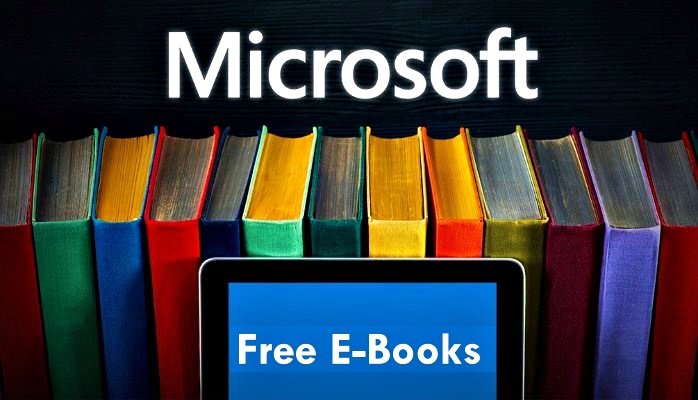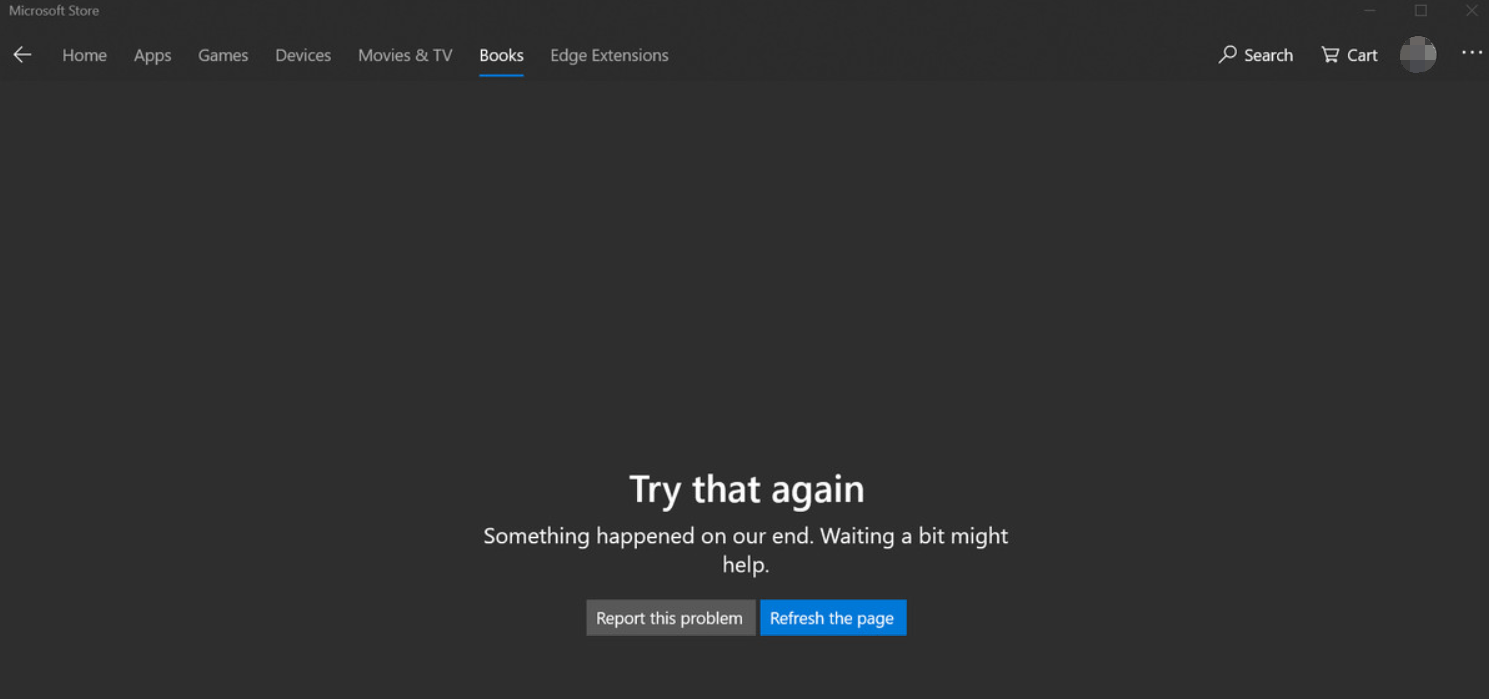

Microsoft has announced to shut off its eBook business and ended the ebook sales since April. This month, all the Microsoft eBooks will no longer exist, including those "free" books you downloaded through Microsoft eBooks. Even though Microsoft promised to refund, what about the reading habit we are already used to and reading records? For example, the book list you've read as well as the annotations or notes you made in your eBooks. Of course, they will be deleted too but Microsoft decided to make a $25 compensation to whoever made annotations or notes in their ebooks before July 2. Nevertheless, for some people, those precious reading records worth way more than $25.
This is not a transition, but literally disappear. Unlike the shutting down of iTunes, Microsoft eBook will not be transited to any new module or new app. Instead, it just vanishes into thin air and suddenly all your eBooks went with the wind.
There is evidence manifest that Microsoft never actually dedicated itself to sell eBooks and its eBook business history is not long enough to count. Microsoft didn't sell eBooks until 2017 and no eBook reader application has been developed ever since then, so you have to use Microsoft's Edge browser to buy them. 2 years later, Microsoft woke up to the fact that eBook is not as profitable as they once presumed and that's mostly because of a mighty component, Amazon, the leader and giant in this vertical.
When DRM Turning into a Trap

The lesson you must learn from this news is that the license you purchase can only bring you access to the content. Once the license expires, you may end up in having nothing. It's the DRM that prevents you from saving the content forever, be it Microsoft eBook, Audible audiobooks, iTunes Movies or others. DRM always exists in a high-sounding way and it said to be a guardian of digital rights to reduce pirating. While on the other hand, you cannot deny that the real purpose of DRM is a tool the Tech giants use to lock you into the ecosystems they elaborated. And when things like this happened, these ecosystems are more likely to be some traps.
There are some similar cases have happened. Walmart once shuttered its MP3 store and all of a sudden, users burn their purchases to CDs. Amazon has erased George Orwell's 1984 from Kindles in 2009.
The tech giants have the absolute power to decide whether they will maintain their own server. Under the restriction of DRM, nothing lasts forever. Back in the days we still purchased physical copies of books, albums, movies, and TV shows, you buy it and you own it, no one can take them away from you. However, that's not a practical way in 2019. It's very inconvenient especially if you have a large collection and there are also many digital media content didn't make into physical goods.
In conclusion, the precaution before DRM turn into a trap instead of merely a restrictive ecosystem is to back up your digital content. Remove DRM and then you can either sync them to cloud storage services or transfer them to hard disk.
As a professional DRM removal software, ViWizard has multiple removal solutions for you. Now that Microsoft eBook store is closed, users may consider going to Audible, where offers both ebooks and audiobooks. If you want to back up audiobooks, try ViWizard DRM Audio Converter and it won't let you down.
- Remove DRM from Apple music as well as audiobook files from iTunes and Audible without losing original quality or ID tags
- Convert both DRM audio formats (M4P, M4A, M4B, AA., and AAX.) and non-DRM formats to common formats, such as MP3, AAC, M4A, M4B, WAV, and FLAC
- Serve as an audio track editor, allows you to adjust audio output settings and parameters, edit tags, and split the audio into segments

Rick Lee has written about business and consumer technology for nearly 25 years. He is the author of more than a dozen books.
